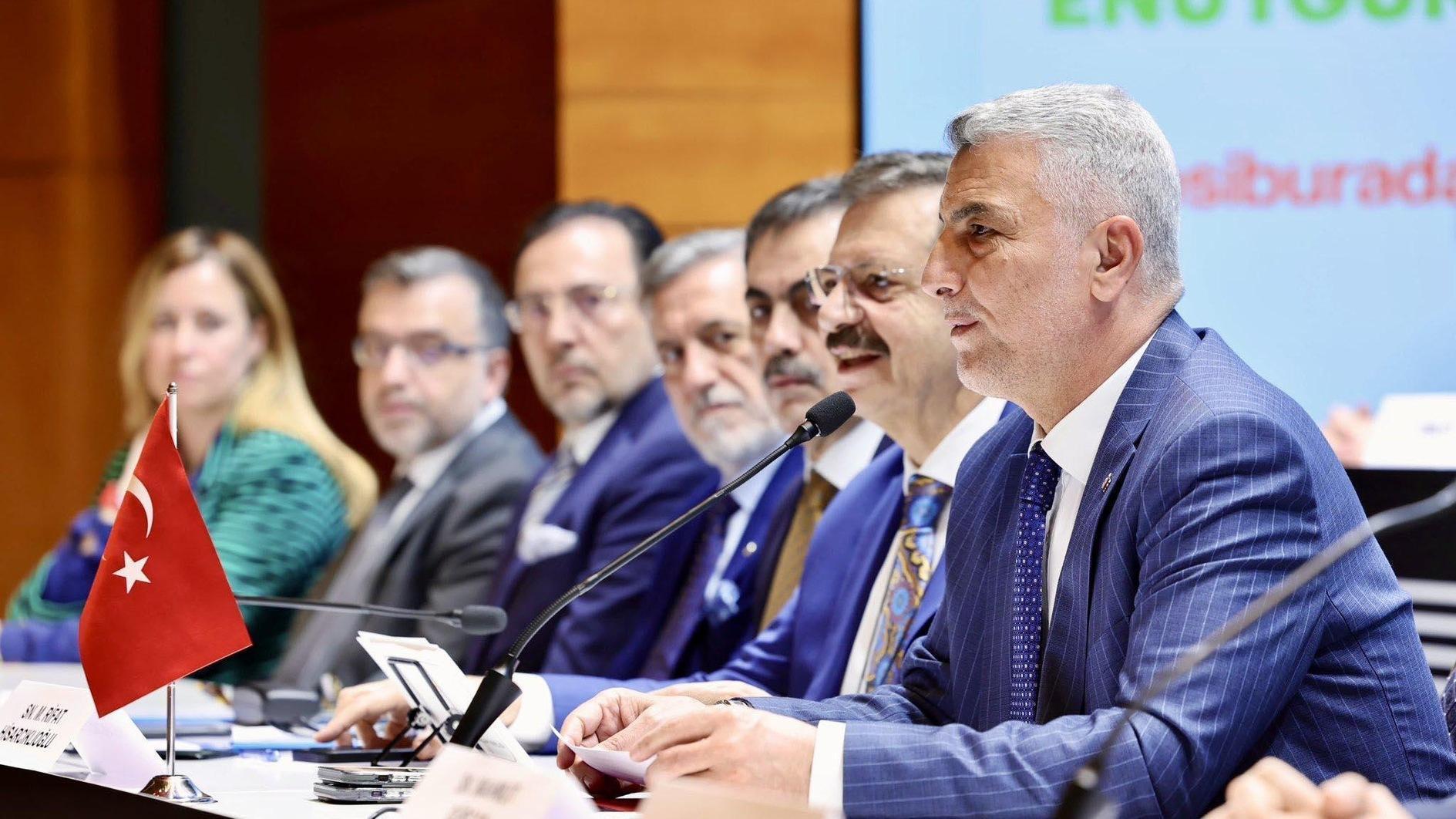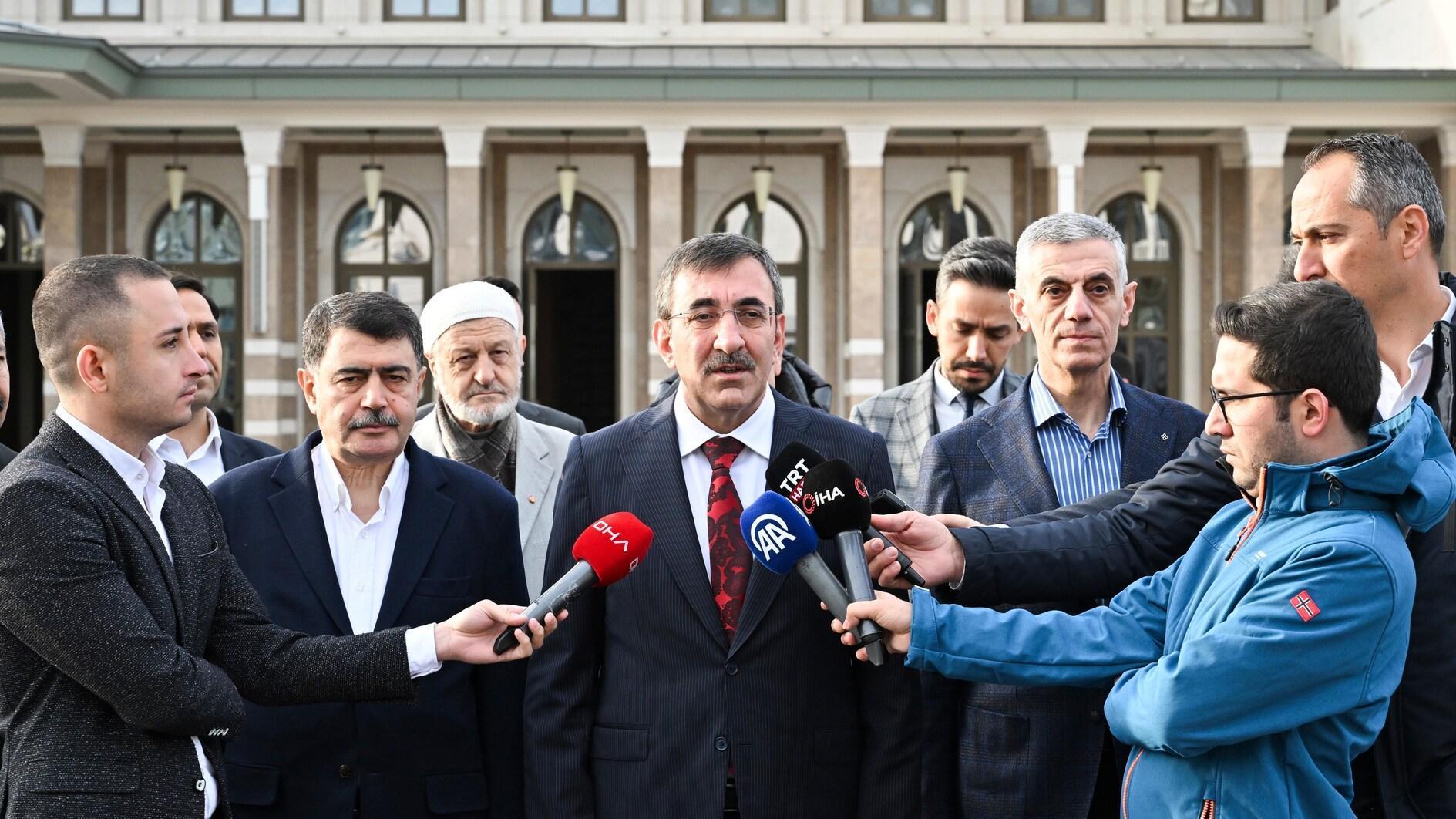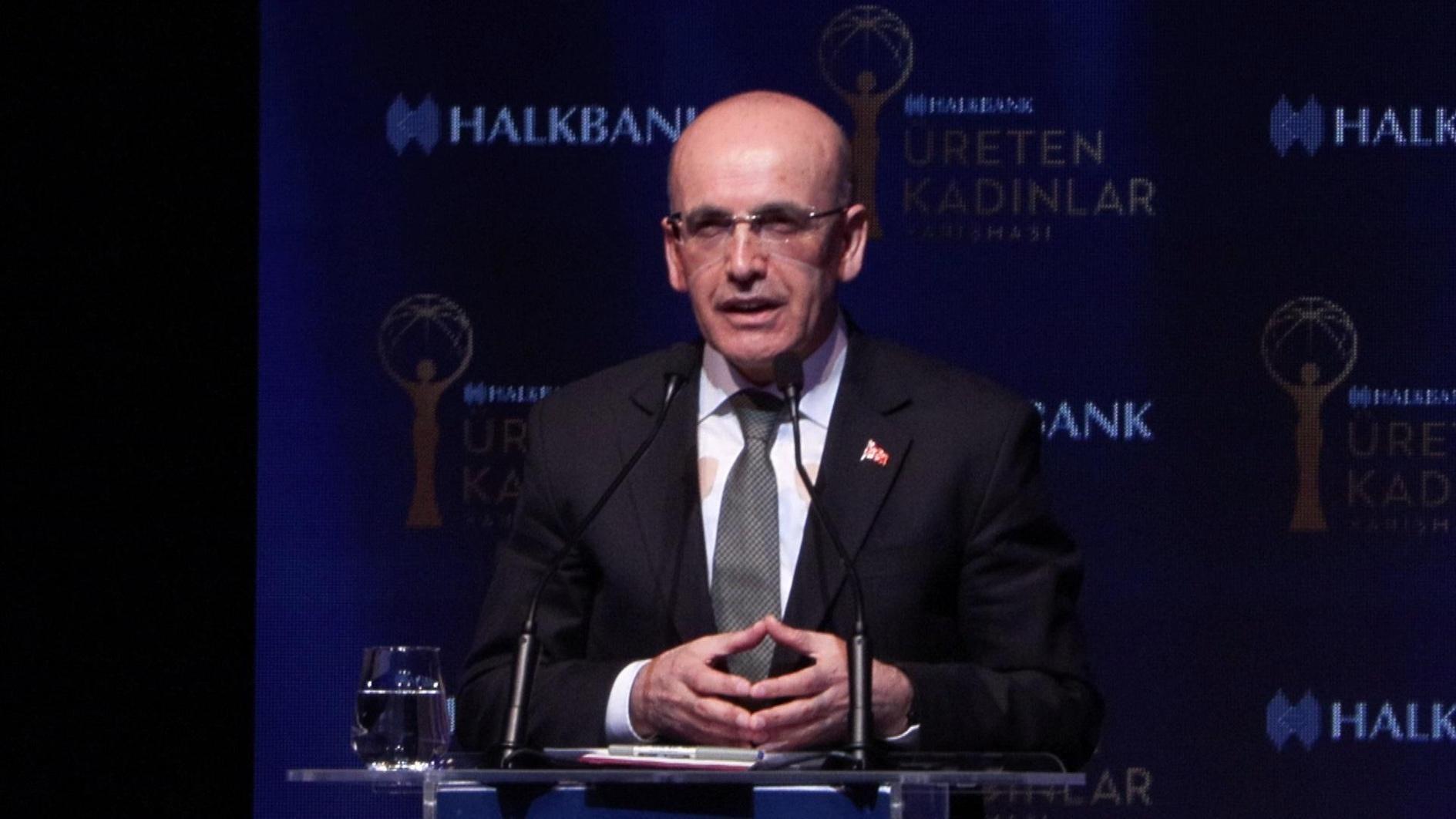The end of ‘moderate Islam’?
When the news started to pour in from Cairo on July 3 regarding the fate of the power of the toppled Egyptian President Mohamed Morsi, we were in the garden of the U.S. embassy residence in Ankara for the Independence Day reception and in a conversation on the subject with Bülent Aliriza, the head of Turkish desk of the Washington, D.C.-based Center for Strategic and International Studies (CSIS). As the deadline of the military ultimatum approached, the subject turned from the sharp messages delivered on freedom of expression and assembly in Turkey by U.S. Ambassador to Ankara Francis Ricciardone, to the coup d’etat against Morsi, the first Egyptian president freely elected. By the time we moved to a nearby Italian restaurant, the power game in Cairo was over.
Aliriza is an experienced scholar who has been following the region closely for more than three decades now. Here is the question we started to discuss that night: Does the toppling of Morsi mark the end of the American concept of “moderate Islam”? Was the U.S. statement made right after an emergency meeting by U.S. President Barack Obama (see picture), who did not even denounce the toppling, committed only after a year of the Ihvan-i Muslimin, or Muslim Brotherhood, rule in Egypt as a coup, the end of an era practically started with the Soviet invasion of Afghanistan on the last day of 1979?
By a bitter coincidence of history, another Democratic President, Jimmy Carter, had signed the directive on July 3, 1979 to start delivering assistance to the Afghan mujahedeen against the Soviet-backed coup a year earlier. Was Obama’s failing to stand by Morsi on the same day after 34 years a silent acknowledgement by Americans that the political game via the Islamic faith was also over?
The mujahedeen, led by Gulbeddin Hikmetyar, then were the "good Muslims" for the Americans, since they were fighting with the Soviets. People started to talk about a “Green Belt” policy covertly implemented by the White House; practically the aim was to “contain” the Soviet Union from inside and outside its southern borders, which are inhabited by Muslim peoples.
Arms started to be transferred to the mujahedeen with the help of the Pakistani intelligence agency, ISI. Voluntary fighters rushed from all parts of the Islamic region to Afghanistan in order to take part in this “holy” resistance. Among them there were two dedicated Arab fighters, Osama bin Laden from Saudi Arabia and Ayman al-Zawahiri from Egypt. Following the collapse of the Soviet Union in 1992, the Afghan war was over but the war of the mujahedeen, which had given birth to two more radical groups already like the Taliban and al-Qaeda, was not over; it only changed the target. Now the weapons and training they had received from the U.S. and the West in general were ready to be used against them.
To cut a long story short, when al-Qaeda and the Taliban proved to be the bad boys especially following the 9/11 terrorism in 2001, a new concept of ‘moderate’ Islam started to be pumped around. These are politicians of Islamic origin but rejecting violence, adopting free politics and free economy.
The rise of the Justice and Development Party (AK Parti) in Turkish politics could not be a perfect example for that, since Turkey had adopted a secular system and gone into multiparty politics and a free economy decades ago, after a lot of ups and downs marked by military coups – which were all tolerated by the U.S. and Europe. American analysts suggested a new wing in the Ihvan movement in Egypt and other Muslim countries, inspired by Tayyip Erdoğan’s AK Parti, could have served as an antidote to “radical” Islam. Perhaps July 3 marked the end of that theory.
There remains another question to be answered. Is it possible at all to have a true democracy without separating the state from religion with bold lines? The Turkish answer to that was “no” decades ago; Egypt’s experience says “no” too, if anyone wants to hear it.











